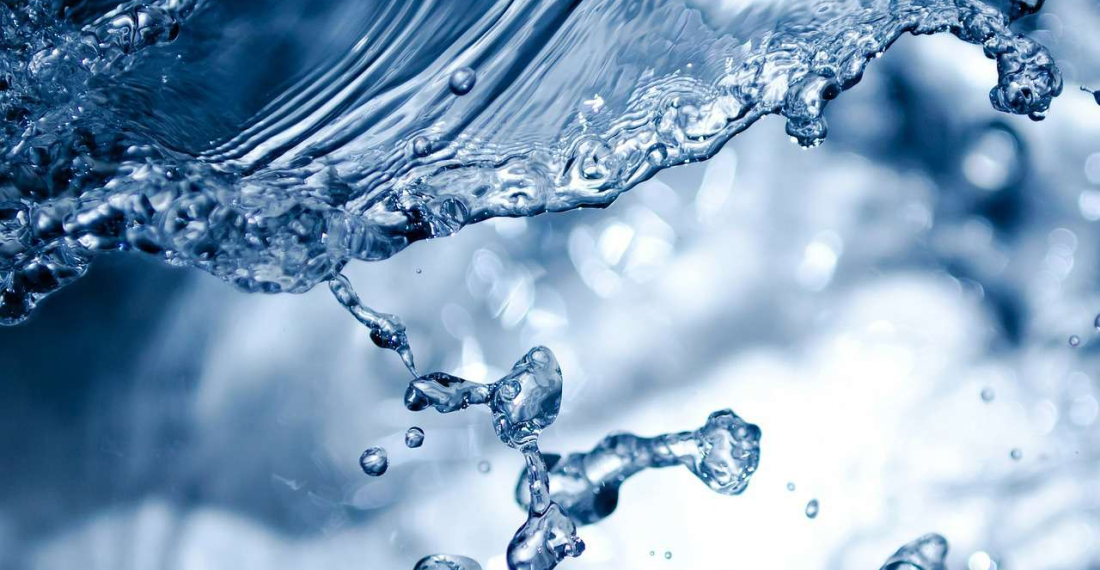"There can be no peace without universal access to safe and clean drinking water and sanitation for all." This was stated by the European Union in a statement on the occasion of World Water Day on 21 March. The statement issued by EU High Representative, Josep Borrell and the EU Commissioner for Environment, Oceans and Fisheries, Virginijus Sinkevičius, adds that "the health and prosperity of people and the planet rely on the stability of the global water cycle."
Climate change, biodiversity loss, unsustainable management and pollution have an impact on water resources across the globe. According to the World Health Organisation (WHO) and the United Nations Children's Fund (UNICEF), 1 of out 4 people in the world still lack access to safely managed drinking water. Almost half of the global population lack access to safely managed sanitation.
As water scarcity intensifies, increased competition for dwindling freshwater resources threatens stability among and within nations through conflicts, displacement, or migration. And water is also far too often used as a weapon of war.
There can be no peace without universal access to safe and clean drinking water and sanitation for all.
This year's global theme for World Water Day focuses on leveraging “water for peace”. Water resource management and transboundary water cooperation are powerful tools for conflict prevention and peacekeeping. The European Union is working to improve access to water and/or a sanitation facility to 70 million individuals by 2030. It is also working to protect, conserve and restore water-related ecosystems.
Building on the outcome of the 2023 UN Water Conference, the EU encourages joint efforts towards effective multilateral governance. Water, including the water-security nexus, needs to be a priority topic across multilateral processes. Water resilience is essential to achieve the Sustainable Development Goals (SDGs) and to fight climate change.
The EU invites partners and stakeholders to take these discussions further also during the 2024 EU Green Week on 29-30 May. Under the slogan “See Water Differently”, the EU invites everybody to change the way we see, use, and manage water, raising awareness about the many water solutions out there.
Universal access to water and sanitation are human rights. Securing water means securing peace and sustainability.
source: commonspace.eu with European Commission







